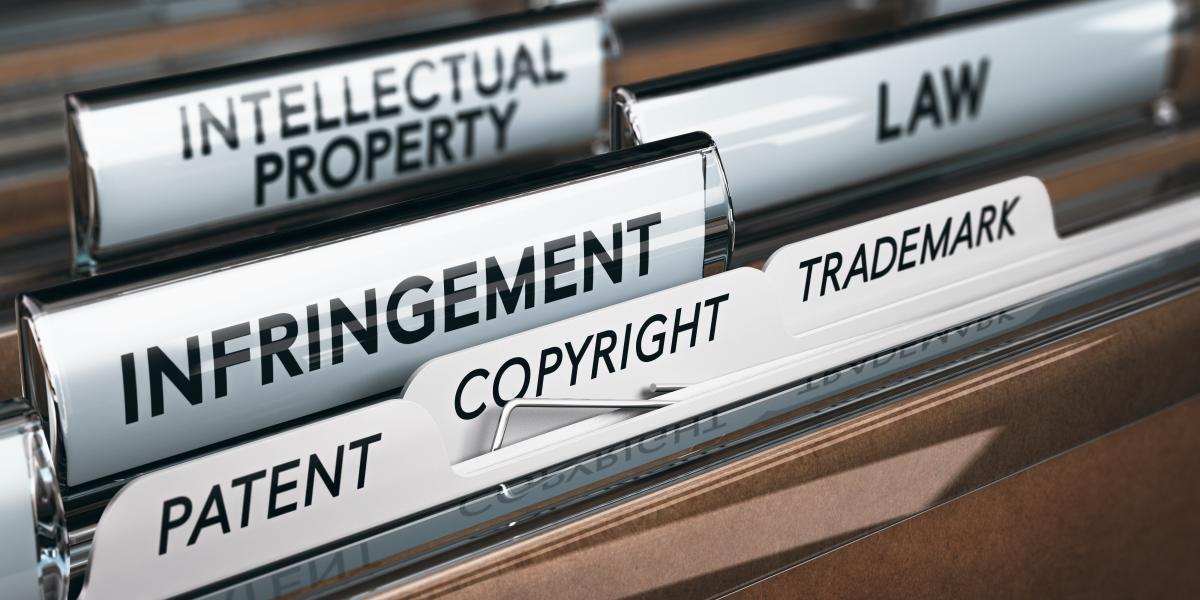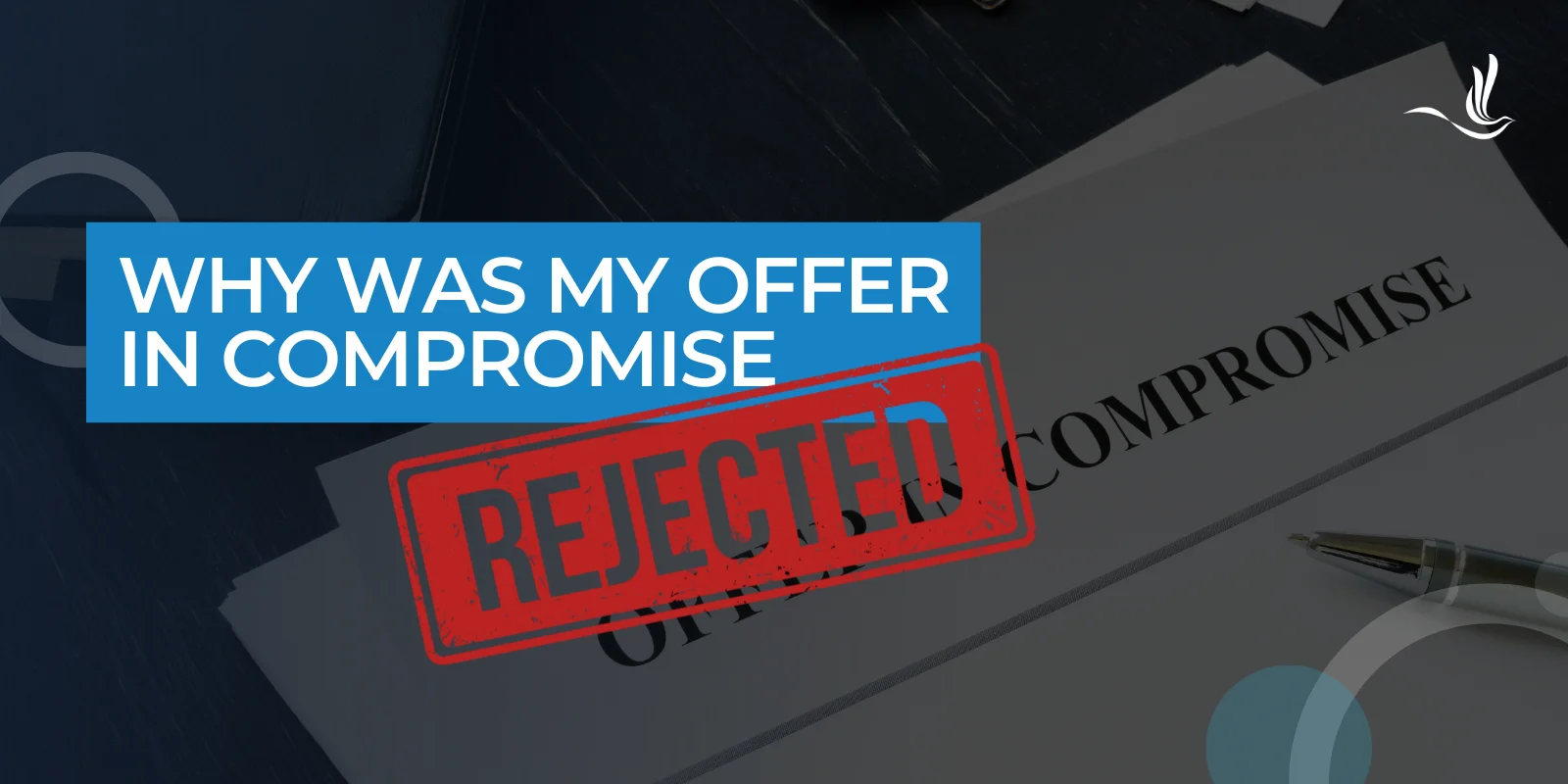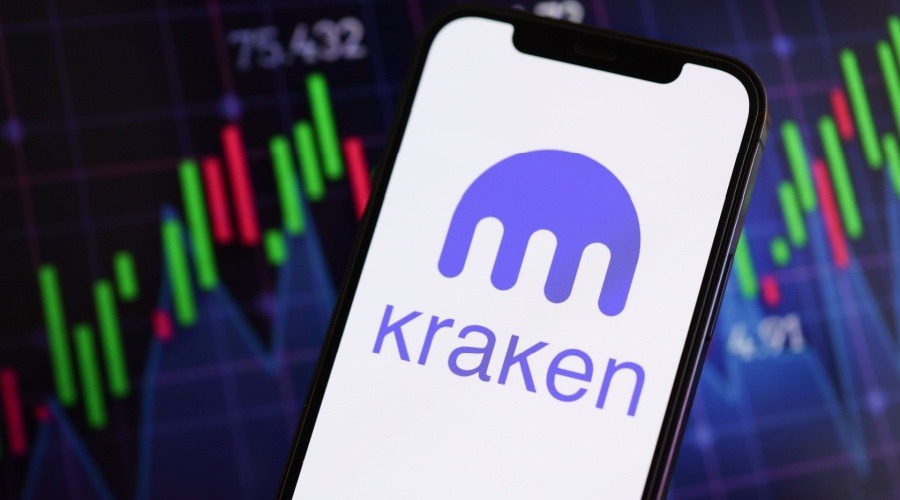It is definitively the market—and only the market—that determines who owns what. For example, when buying a car, the seller hands it over in exchange for money. Thus, through these peaceful and voluntary transactions, true and sole ownership is defined. If, for instance, the seller fails to deliver the car, the buyer will present the contract to a judge (ideally a private mediator) and demonstrate that he fulfilled his part of the agreement.
As you can see, the government is completely unnecessary. Since property is a natural right, it arises spontaneously from the market—from people—so if the state coercively imposes a supposed possession, preventing its free—natural—availability to others, it is creating a monopoly on the exploitation of an idea for a single beneficiary. Obviously, if it resulted from a law coercively imposed by the government (via a monopoly on violence), it would not occur naturally; therefore, it is not only illegitimate but also violates true property rights.
The truth is that no monopoly—and no cartel—is natural. There is no business sector, in any geographical location, that does not have direct, indirect, or substitute competition as long as the state does not coercively prevent it. Although it may be difficult to imagine, there is no technical reason why there cannot be two parallel superhighways (in fact, there are, for example, the Mediterranean Highway), or why trains from different private companies cannot run on the same track as in Spain.
Injustice arises when the state grants “exclusiveness” to a particular company or person, preventing the natural, spontaneous development of the market. And that is what laws on intellectual property, patents, and/or copyright are. As if ideas had owners, whoever gets to the bureaucratic office first—the most cunning—ends up with a monopoly on that idea.
To give an example, serious historians say that Thomas Alva Edison was a shrewd “serial patent holder” with the aim of making a fortune. His first patent dates from 1868, and he is considered one of the most important “inventors” because he patented more than a thousand inventions. The incandescent light bulb, strictly speaking, was only perfected by him and patented in 1879.
Heinrich Goebel—a German watchmaker—manufactured lamps three decades earlier, while a Briton, Joseph Swan, obtained the first patent for a small light bulb in Great Britain in 1878, a year before Edison’s, which was basically plagiarized from Swan. When Swan saw his plagiarist getting rich, he took him to the British courts, which ruled in his favor.
A common and fallacious argument is that, without “patent protection,” research would be discouraged. But the opposite is true: if there are no monopolistic “rights” over an idea, everyone can use it and build upon it, exponentially multiplying the applied minds and thus technology develops much more rapidly.
The DeepSeek case is an example. It’s open source and has challenged the entire US AI industry. And Android itself—a mobile operating software developed by Google-based on the Linux kernel and other open-source software—doesn’t require payment for its use and, precisely because it’s free, has developed while surpassing all the competition.
It’s widely known, and those involved openly admit it, that for companies like Facebook, registering patents to protect themselves from “attacks” by other companies is a common practice; it’s purely speculative. In other words, with their enormous power and influence, they patent everything they can, even if they don’t use it, solely to prevent smaller companies from developing these ideas and competing with them.
Incidentally, another unusual reaction is that of some who propose ending the “monopoly” of certain social networks, such as Facebook, by demanding that the government force it to sell WhatsApp, Instagram, and Messenger, among other measures. If there is a lack of competition that does not benefit freedom of expression, the solution lies in the opposite approach: by giving more liberty to the market and to individuals, by eliminating copyright laws to foster more competitors.
As a final point, note that—thanks to copyright laws that benefit companies like Facebook or Microsoft, for example—exorbitant fortunes have been amassed that they are not the product of a natural market, but rather the result of impoverishing everyone else who must pay for certain ideas. True, ironically, were it not for those who ignore the laws of patents, the Windows operating system wouldn’t have been so popular.
The corollary is that the problems of freedom are solved with more freedom and worsened with less. Because, since the lack of freedom stems from the state’s police power, which exercises its monopoly on violence that always destroys, the more freedom there is, the less violence there is, and the more society develops.



























